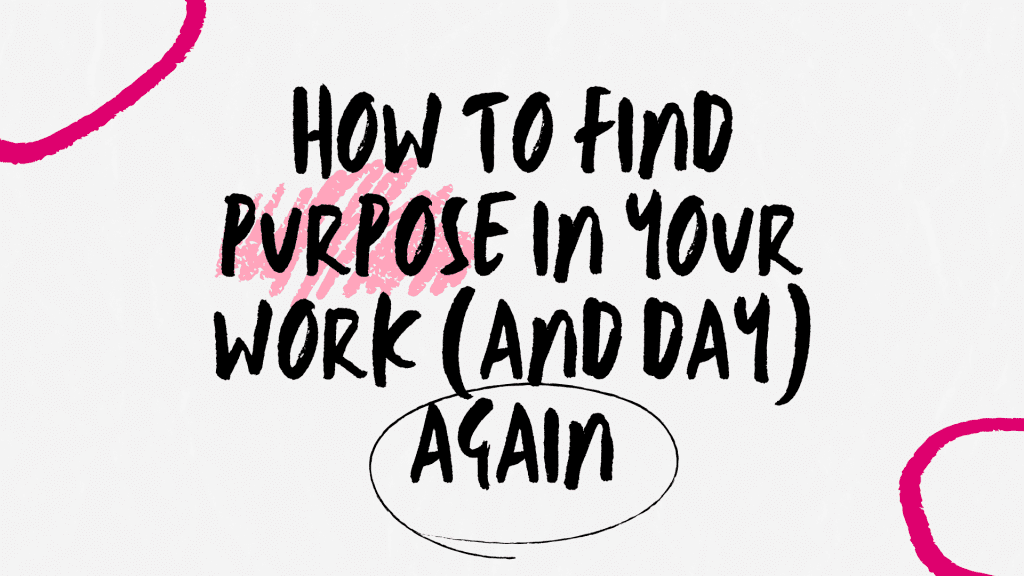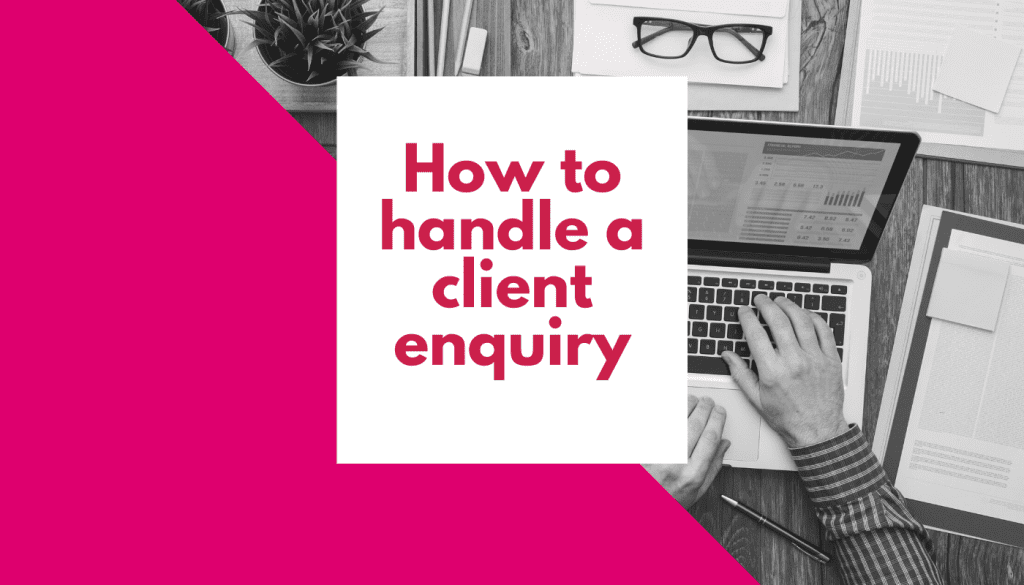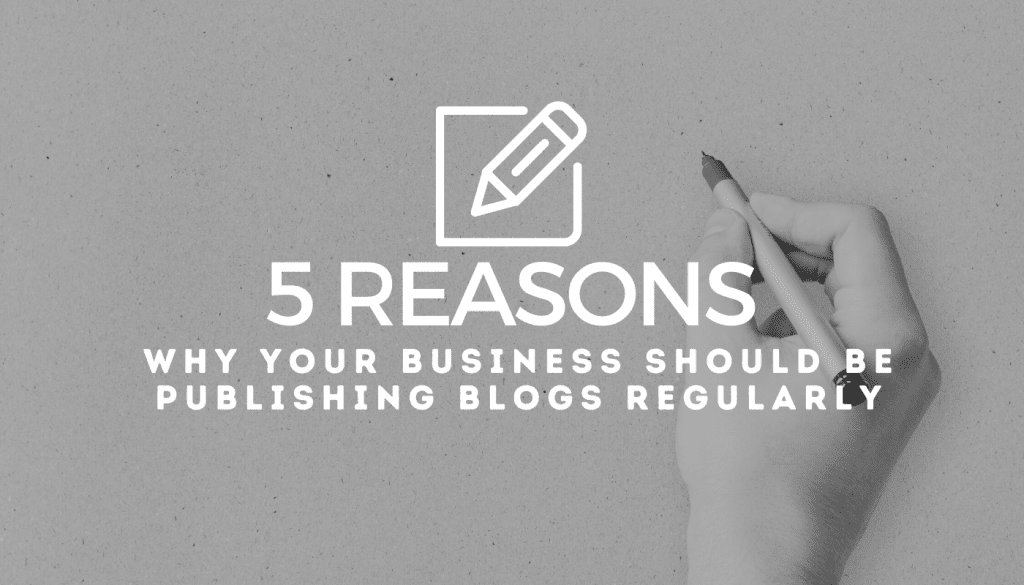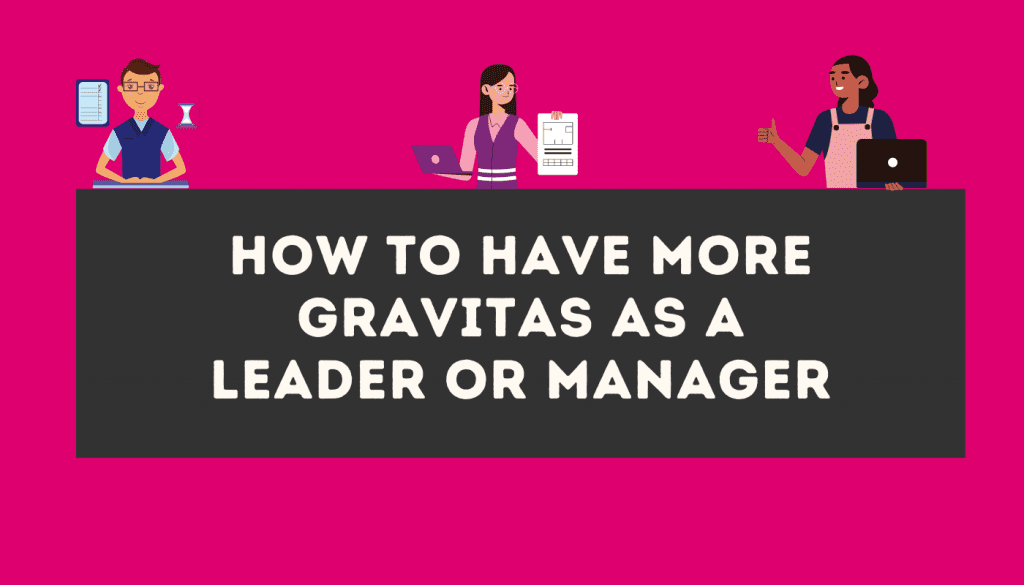
How to Recover Your Accounts Receivables After Covid-19 The pandemic has not been kind to business. Many companies have struggled…

How to Recover Your Accounts Receivables After Covid-19 The pandemic has not been kind to business. Many companies have struggled…

Are you feeling burned out from the chronic stress that has been our lives over the past year? Perhaps you…

Imagine yourself when you are in the zone. For example, when are you most confident about what you are doing,…

If you want to build your business (not your workload) and you want to spend time on doing the things…

Each year HM Revenue & Customs (HMRC) undertake an enormous number of tax enquiries into individuals and businesses to check…

“You can take a dividend” – That’s great, but what is a dividend? The business world can be a big…

How you handle a client enquiry can determine whether that prospect converts into a lead or whether they go elsewhere….

Do you publish new content on your website regularly? If you don’t, you should be. Blogging is an integral part…

“Gravitas” was one of the ancient Roman virtues that denoted “seriousness,” but nowadays it’s a quality that also extends to…

Just thinking about how much the government has forked out during the COVID-19 crisis is scary; never mind hearing the…